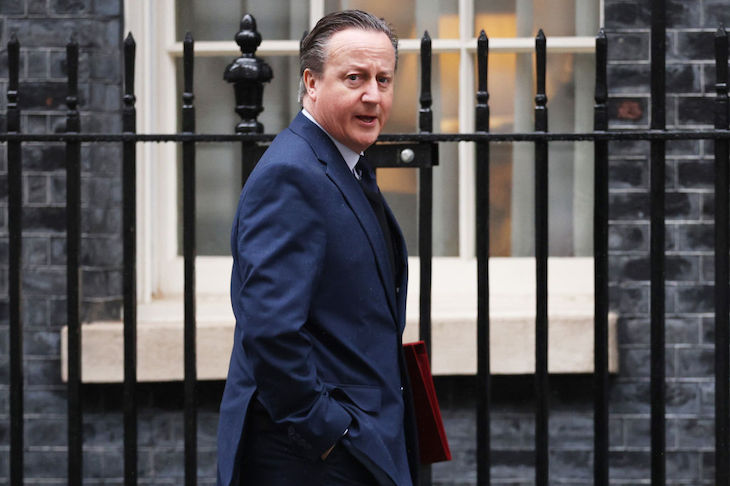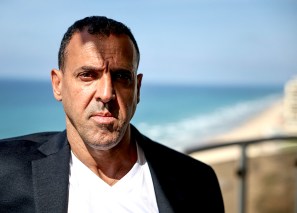David Cameron has today become the first former prime minister to come out in support of assisted dying, having previously signalled his opposition to it in 2015. In a piece for the Times, he says that: ‘My main concern and reason for not supporting proposals before now has always been the worry that vulnerable people could be pressured into hastening their own deaths.’ However, Cameron says he has now been reassured by those arguing in favour of Kim Leadbeater’s Bill. Cameron argues:
When we know that there’s no cure, when we know death is imminent, when patients enter a final and acute period of agony, then surely, if they can prevent it and – crucially – want to prevent it, we should let them make that choice,
Of Britain’s eight ex-premiers, four have said they are against assisted dying. Gordon Brown became the first last week, writing in the Guardian about the death of his first daughter, Jennifer Jane, aged only 11 days, and how this strengthened his belief ‘this is not the right time to make such a profound decision’. ‘The experience of sitting with a fatally ill baby girl did not convince me of the case for assisted dying; it convinced me of the value and imperative of good end-of-life care,’ he said.
Of Britain’s eight ex-premiers, four have said they are against assisted dying
The splash of the Daily Telegraph on Tuesday revealed that three former Tory prime ministers were against the move: Theresa May, Boris Johnson and Liz Truss. May is yet to issue any public comment but is expected to vote against Leadbeater’s Bill, having previously done so in 2015. Truss told the Telegraph that: ‘It is wrong in principle: organs of the state like the NHS and the judicial system should be protecting lives, not ending them.’ Johnson has set out his thinking in an interview in this week’s Spectator, explaining:
I wouldn’t vote for this bill, I think they need to go back to the drawing board. They need something that is humane and compassionate but would not lead to the industrialisation of state-sponsored suicide. I worry that we would be tending in that direction, even if this bill wouldn’t usher that in overnight. I worry that there are other jurisdictions where we can see where it’s going.
That leaves John Major, Tony Blair and Rishi Sunak. The first two have been contacted for their views, while Sunak plans to make no comment before Friday morning when he will reveal what he thinks. Unlike his predecessors, he is the only one who still sits in the Commons and thus gets to cast a vote tomorrow afternoon.
How might the religious views of MPs influence their vote? Listen to the latest episode of The Spectator’s religion podcast Holy Smoke, with Damian Thompson, Isabel Hardman, Rabbi Dr Jonathan Romain and Martin Vickers MP:







Comments